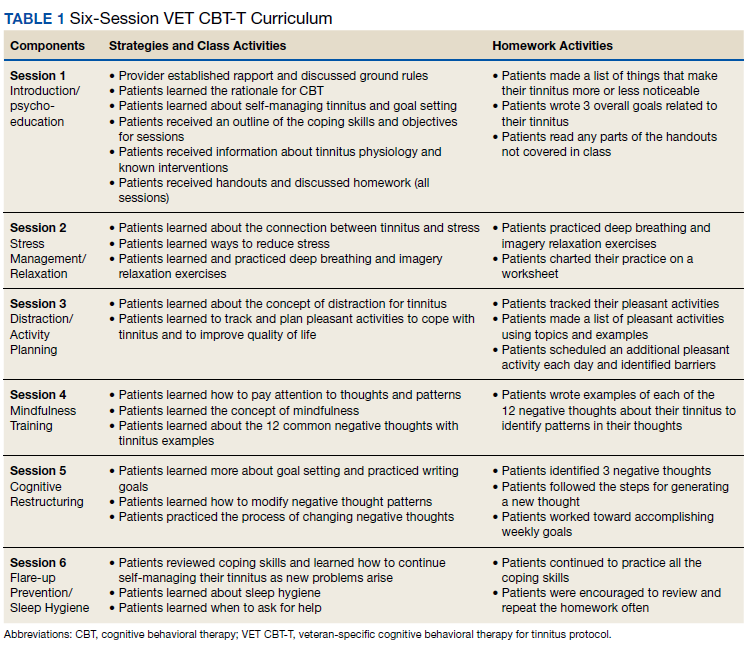Do you want to find 'cbt homework resistance'? You will find all the information on this section.
Table of contents
- Cbt homework resistance in 2021
- Cbt therapy homework
- Cbt homework assignments for depression
- Barriers to cbt
- Not doing therapy homework
- Importance of homework in cbt
- Cbt homework for anxiety
- Cultural barriers to cbt
Cbt homework resistance in 2021
 This image demonstrates cbt homework resistance.
This image demonstrates cbt homework resistance.
Cbt therapy homework
 This image shows Cbt therapy homework.
This image shows Cbt therapy homework.
Cbt homework assignments for depression
 This picture demonstrates Cbt homework assignments for depression.
This picture demonstrates Cbt homework assignments for depression.
Barriers to cbt
 This image illustrates Barriers to cbt.
This image illustrates Barriers to cbt.
Not doing therapy homework
 This picture illustrates Not doing therapy homework.
This picture illustrates Not doing therapy homework.
Importance of homework in cbt
 This picture representes Importance of homework in cbt.
This picture representes Importance of homework in cbt.
Cbt homework for anxiety
 This picture illustrates Cbt homework for anxiety.
This picture illustrates Cbt homework for anxiety.
Cultural barriers to cbt
 This picture representes Cultural barriers to cbt.
This picture representes Cultural barriers to cbt.
How is homework compliance related to therapy outcomes?
Homework compliance was positively associated both with patients' motivation for therapy, outcome at a later stage of therapy, and the provision of a written note or homework sheets on the task. Regression analyses pointed to patient variables as most crucial for homework compliance.
Is it necessary to do homework in CBT?
Homework assignments are an essential part of cognitive-behavioural therapy, and are included in the majority of therapy manuals and frequently used in therapeutic practice. Despite this, little is known about problems with homework completion or possible influences on homework compliance.
Which is a telltale sign of resistance in therapy?
A telltale sign of resistance is a client who does not complete their homework or follow up on your suggestions. In order for therapy to be successful, a client needs to at least think about what was discussed in session in their daily life. Not doing homework is a sign they are forgetting about the session as soon as it is over.
Who is the founder of resistance in therapy?
The idea of resistance in therapy is complicated. It was originally created as a psychoanalytic concept by Sigmund Freud, who believed it was an unconscious opposition to revealing memories in psychoanalysis (Psychoanalytic Terms & Concepts Defined, n.d.). In more general terms, resistance is thought of as anything that stops therapeutic change.
Last Update: Oct 2021